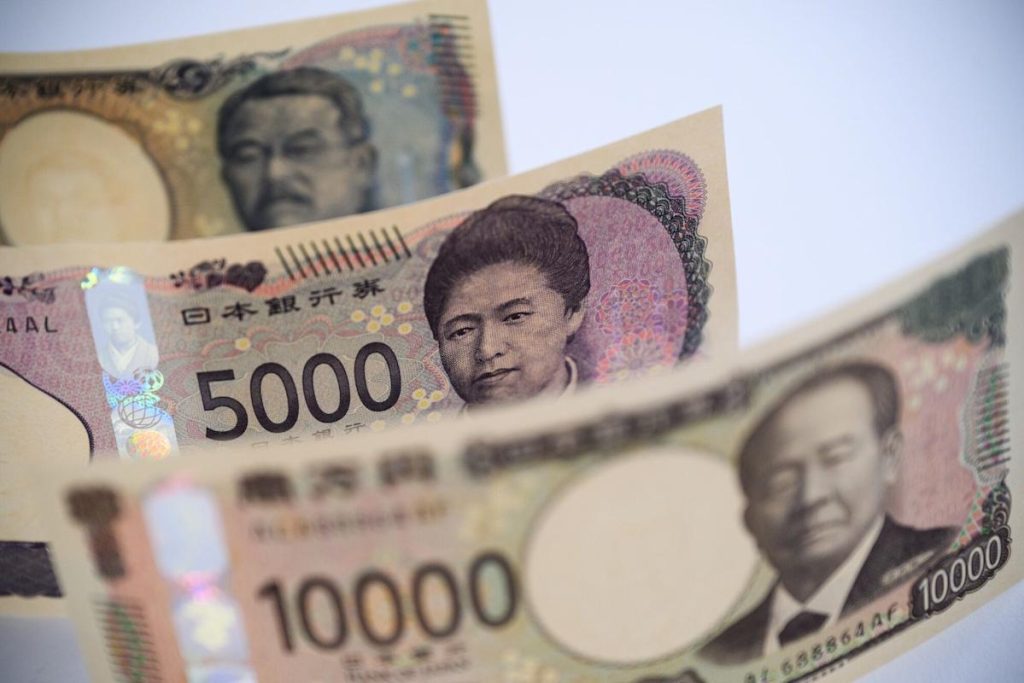
(Bloomberg) — The yen fell sharply against the dollar after the Bank of Japan said it will take longer than it previously thought to hit the inflation target, leading traders to pare bets on further interest-rate hikes.
Most Read from Bloomberg
Japan’s currency fell as much as 1.7% to 145.50 per US dollar, falling the most among peers in the Group of 10 Thursday. The move started after the central bank announced its decision to hold rates steady.
“The dovish stance by the BOJ and unwinding of the long yen positions in the market may bring the yen to 147 per US dollar in the matter of weeks,” said Yuya Yokota, a foreign-exchange trader at Mitsubishi UFJ Trust and Banking Corp. in New York.
Net long positions on the yen among speculative traders recently climbed to an all-time high, according to data from the Commodity Futures Trading Commission.
The BOJ said in its outlook report it expects inflation to be consistent with its 2% goal around the second half of its outlook period, which was extended by a year to include fiscal 2027. The bank halved its economic growth projection to 0.5% for this fiscal year in a sign of heightened caution. The message was seen as dovish and led traders to trim wagers on further monetary tightening.
The yen slide extended after US data sparked more advances in the dollar. US manufacturing activity shrank in April by the most in five months as the repercussions from tariffs prompted the steepest output contraction since 2020.
BOJ Governor Kazuo Ueda said that the central bank continues to maintain a stance toward raising rates as its price goal is within sight. He also said that the delay in the price target timing doesn’t mean that there will be a delay in hikes.
Overnight index swaps now show only about a 36% chance of a rate hike by the end of the year compared with certainty in early April.
Still, for Yusuke Miyairi, a foreign-exchange strategist at Nomura, the BOJ’s shift from focusing on domestic issues to highlight the impact of trade tariffs backs up a dovish policy stance.
“Ueda has tried to balance his comments by saying that the BOJ can hike even though Japan’s inflation hasn’t reached 2% yet, but he’s less confident than he was in March,” Miyairi said in an interview with Bloomberg TV.
